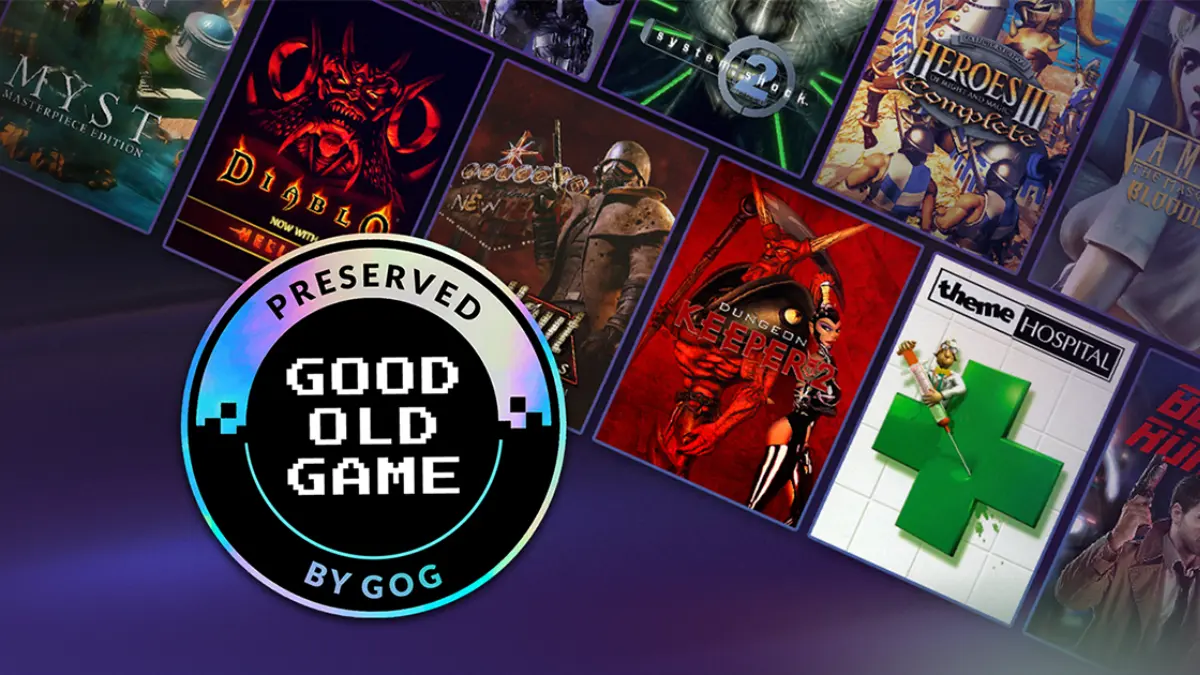GOG has revealed it sometimes hires private investigators to locate intellectual property rights holders for older games it wants to bring back to digital storefronts.
The DRM-free PC game store owned by CD Projekt made the disclosure while discussing its efforts to preserve and re-release classic titles. When normal outreach methods fail, the company turns to professional investigators to trace ownership chains that have become tangled over decades.
The practice highlights just how messy game rights can become. Studios close. Companies merge. Publishers go bankrupt. Assets get sold off in pieces. And suddenly nobody knows who actually owns a 20-year-old game anymore.
GOG’s investigators work to locate individuals and entities that hold or partially control these rights. They trace corporate histories through dissolutions and rebrands. They track down heirs when rights revert to individuals. Once they establish contact, lawyers can step in to negotiate licenses.
When games disappear
The problem stems from how complex game rights really are. A single title might involve separate copyright holders for code, art, music, and archival footage. Third-party licenses for songs, fonts, middleware, or celebrity voices often expire or restrict certain platforms.
Many contracts from the 1980s and 1990s never anticipated perpetual digital distribution. Rights might be time-limited or tied to specific media formats. Documentation was often incomplete. Key people with knowledge of old deals have retired or moved on.
Metal Gear Solid 2 and 3 were delisted from digital stores in 2021 because licenses for historical footage used in the games had expired. Konami eventually replaced the footage and relisted the titles in newer collections.
Alan Wake temporarily vanished from storefronts years ago when music licenses ran out. It returned once Remedy renegotiated the rights.
No One Lives Forever remains the poster child for IP limbo. Multiple companies—including Warner Bros and entities tied to Activision’s acquisition of Sierra—potentially have claims. None are confident enough in their ownership to act. The game sits in legal purgatory.
Racing games face recurring issues with expired automotive brand licenses. Sports titles and music-heavy games routinely cycle in and out of availability as deals lapse.
Nightdive Studios built an entire business around similar detective work. The company famously discovered that System Shock rights had ended up with an insurance firm through a byzantine corporate chain.
The abandonware myth
Many gamers assume old games that aren’t sold anymore are “abandonware” and fair game to download. That’s not how copyright works.
Someone always owns the rights. Even if a game hasn’t been commercially available for decades, distributing it without permission is still infringement. The absence of clear ownership usually means cautious inaction rather than true abandonment.
Storefronts need documented proof of rights for every asset in a game before they can sell it. Any gap in the chain can block a re-release entirely. Companies won’t publish titles without ironclad documentation that protects them from legal exposure.
GOG’s use of private investigators represents the research phase of this process. Once contact is established and ownership verified, legal teams handle the actual licensing negotiations.
GOG’s mission
Launched in 2008 as Good Old Games, GOG specializes in DRM-free titles and reviving classics with compatibility fixes for modern systems. The company routinely negotiates with original rights holders and patches old games to run on current operating systems.
The private investigator practice fits into that broader preservation mandate. By establishing clear chains of title, GOG can legally bring forgotten games back to market while ensuring original creators or current rights holders get compensated.
It’s painstaking work. But for anyone who wants to play classic PC games legally, it’s the only way forward.

